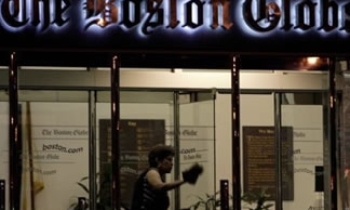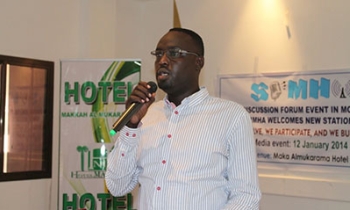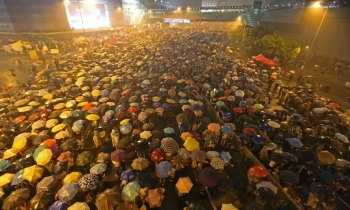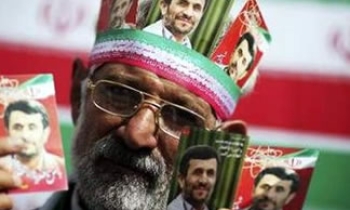You make some important and often overlooked points in your column on confidential sources. I've been in an extended argument with FAIR -- whose work I generally applaud -- on similar issues.
FAIR has issued a statement approving of confidentiality protection for whistleblower informants but not for informants spreading government propaganda. In reply, I've used arguments much like yours. We cannot leave it to the courts and government prosecutors to decide what is and is not "good journalism," which is not to say that we can't criticize journalists for ethical breaches in how they use anonymous sources.
We can and should hold journalists to account for the shoddy, unethical kind of sourcing that Judith Miller seemed to specialize in, but we cannot allow the government to make such distinctions as a matter of law. There is no freedom of the press where governments can decide which journalism is "legitimate," or protected.
However, I disagree with your conclusion that "The only real out journalists have is to ignore the story." Why not -- without divulging sources who have been granted anonymity -- tell the real story. Miller and other Washington reporters could have done so. A story on their unwritten reports might have sounded something like this:
"Judith Miller of the New York Times reported yesterday that White House insiders have been ignoring security concerns and spreading classified personal information about a critic of the administration's claim that Saddam Hussein was shopping for uranium to make nuclear weapons. The effort by top administration officials to supply the press with confidential personal information was part of an apparent attempt to discredit the expertise of a critic who has embarrassed the administration and called into question the validity of its rationale for the war in Iraq.
"At least six reporters have been approached by White House insiders, all of them demanding anonymity in exchange for information on the administration's critic. The Times, which was compelled to offer confidentiality as a precondition for hearing the administration's derogatory information, will not divulge either the source of its leak or the sensitive information he or she was peddling. 'We have been asked not to identify -- and even to obscure -- the source of this personal and classified information,' said the Times' executive editor, Bill Keller. 'We feel that, in these circumstances, acceding to such demands might mislead our readers, do an injustice to the subject of these rumors and hinder an exploration into important issues of public policy.' ..." etc.
A story like my fictitious one, reporting a high-level, concerted attempt to slander a war critic, would almost certainly have provided the public with more significant information than unsubstantiated reports that Joseph Wilson's wife, a CIA employee, may (or may not) have had a role in dispatching him to Africa. No one, I think, has disputed that Wilson was an expert on the country and subject he was sent to assess; nor has anyone argued that his wife alone made the decision to send him on his mission.
Miller and others had access to the information to write an important story, and if they had handled it in the way I've suggested, reporters would have violated no promises to the source, although the source would surely not have liked the report. Perhaps such independent journalism would convince leakers that they had better not be so cavalier in the future in using manipulation of the media as a tool for discrediting their critics. Stories like the one I suggested would certainly fulfill the journalist's ethical obligation to hold the government accountable.
Just because journalists get confidential information from a source does not mean they are duty-bound to tell the story with the same spin the source wants, and their options are not limited to ignoring the story entirely.









